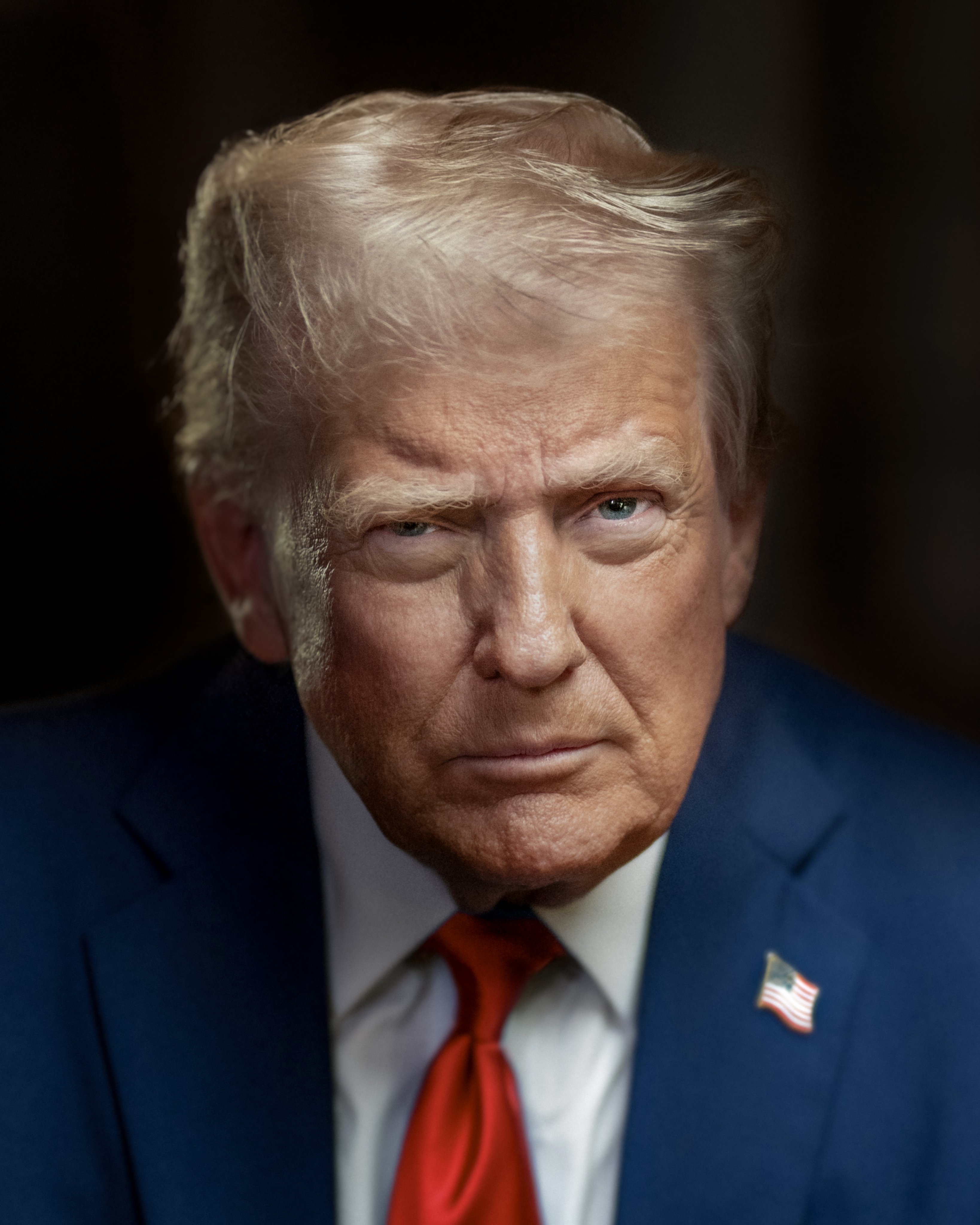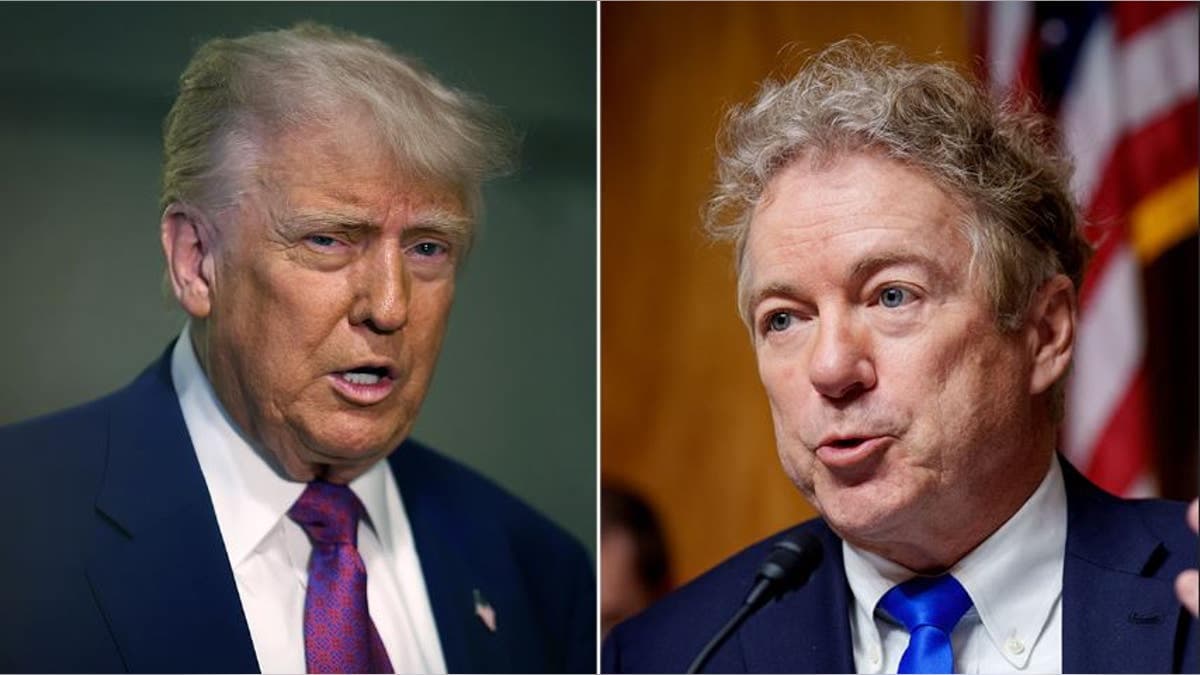Trump"s Campaign and Governance Style: A Comparative Analysis
In a recent commentary, political analyst An0maly has drawn parallels between former President Donald Trump"s campaign strategies and those of notable political figures Pat Buchanan and Ron Paul, while contrasting his governance style with that of Senator Lindsey Graham. This analysis raises questions about Trump"s alignment with the populist right-wing movement and his relationship with the Republican establishment.
Key Details
According to An0maly, Trump"s campaigning style resonates with the approaches of Buchanan and Paul, both of whom are known for their strong populist messages that appeal to grassroots supporters. Buchanan, a former presidential candidate, and Paul, a long-serving congressman, have both championed anti-establishment sentiments within the Republican Party. In contrast, An0maly argues that Trump"s governance reflects the more establishment-friendly tendencies associated with Lindsey Graham, a prominent Republican senator known for his bipartisan approach and support for traditional party policies.
Furthermore, An0maly questions whether Trump"s actions are genuinely aligned with the interests of the populist right or if he is merely leveraging their support to redirect them back to the Republican establishment. This skepticism is echoed in comments from another user, identified as Murray, who critiques the Republican Party"s current trajectory. Murray points out that many Republicans may be disenchanted with a party that appears to protect high-profile figures such as Jeffrey Epstein"s clients, continues to provide substantial foreign aid, has increased government spending, and has faced criticism for its immigration policies, including deportation numbers that some view as inadequate.
Murray"s remarks highlight a growing frustration among Republican voters regarding the party"s priorities and effectiveness in addressing core conservative values. The sentiment suggests that many party members feel disconnected from the party"s leadership, particularly in light of recent controversies and policy decisions.
Background
The commentary reflects a broader discourse within the Republican Party, where divisions between establishment figures and populist factions have become increasingly pronounced. The party has grappled with its identity in the wake of Trump"s presidency, with ongoing debates about the direction it should take moving forward. Trump"s ability to mobilize a passionate base during his campaigns has raised questions about the sustainability of his political influence, especially as he continues to navigate complex relationships within the party.
Additionally, the mention of Epstein"s clients refers to the ongoing public scrutiny surrounding high-profile individuals linked to the convicted sex offender, which has implications for political accountability and ethical governance. The criticism of foreign aid and government spending also taps into longstanding debates about fiscal responsibility and national priorities among conservatives.

Image for Trump campaigns like Buchanan and Paul but governs like Graham
What"s Next
As the political landscape continues to evolve, the implications of these discussions are significant for the Republican Party"s future. The tension between populist and establishment factions may shape candidate selection and policy priorities in upcoming elections. With the 2024 presidential election on the horizon, how Trump and other Republican leaders respond to these internal critiques will be crucial in determining the party"s cohesion and electoral success.
For further insights into related political developments, readers may refer to recent developments regarding international relations and domestic policy challenges.



![[Video] Gunfire between Iraqi security forces and Sadr militias in Baghdad](/_next/image?url=%2Fapi%2Fimage%2Fthumbnails%2Fthumbnail-1768343508874-4redb-thumbnail.jpg&w=3840&q=75)
